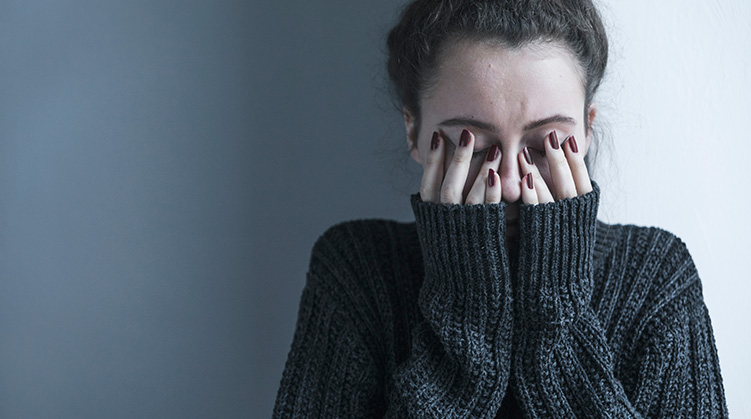
Schizophrenia
What is Schizophrenia?
Schizophrenia is a mental illness that is characterised by a person having odd thoughts or behaviours, hallucinations or delusions. A hallucination is when you hear or see something that is not there, and a delusion is when a person believes something that is not true or strange. A person with schizophrenia may have trouble thinking clearly, trouble with their emotions and differentiating reality from their hallucinations, or delusions. This often makes them scared of people and situations, and so they may try to avoid people. A person with Schizophrenia may experience short periods of psychosis, where the hallucinations or delusions are very intense with periods of low mood, low motivation and a lack of enjoying life (anhedonia). Affects about one in every hundred people.
How do I know if I have it?
The diagnosis of schizophrenia is very complicated, and one that can be life changing. The DSM V provides guidance for health professionals to make the correct assessment to assist with guiding treatments.
If you or a friend has a some of the following, then further assistance from a GP should be sought:
- Ideas or beliefs about the world or you, that you or others find strange or weird
- If you can hear things or see things that others cannot see
- If you feel someone or something is controlling your body, speech, thoughts or actions
- Your ideas come to fast and seem jumbled or weird
- If you think that someone or something is watching or listening to you
- If your friend no longer wants to spend time with you, or stops going to school or work
- If your friends work or school work is declining
- If your friend seems to be having trouble controlling their emotions
How does this happen?
There are often several things that can lead to the development of schizophrenia. Genetics appears to play a role, with schizophrenia sometimes running in families. If a parent has schizophrenia, then there is a 10% chance the child will develop schizophrenia compared to 1% in the general population. Alterations to neurotransmitters in the brain, such as dopamine, may increase the chance of schizophrenia. If a person has a predisposition to developing schizophrenia, then the use of cannabis, alcohol or amphetamines may trigger the psychosis of schizophrenia. Periods of high levels of stress may also trigger schizophrenia in those who are at risk.
How do I fix it?
The treatment of schizophrenia is complex. There are several medications that are used by doctors to assist control the hallucinations and delusions. Often other medications are needed to treat concomitant depression or anxiety or other mental illnesses. Because treatment is complex and the person with schizophrenia requires a great deal of support often a case worker is provided to assist the individual manage. They may help to maintain employment, accommodation and assistance with living a healthy lifestyle. Education about schizophrenia, for the patient, friends and family remains a key to support the person during their recovery. A psychologist will help with cognitive behaviour therapy to assist the persons thinking processes. Electroconvulsive therapy (ECT) is used very rarely, and only when the person is very unwell. It is very effective in assisting with recovery. There a very strict processes to be followed if the treating team thinks it should be used.
Where can I get more information?
The following website can assist with further information or see your GP.




